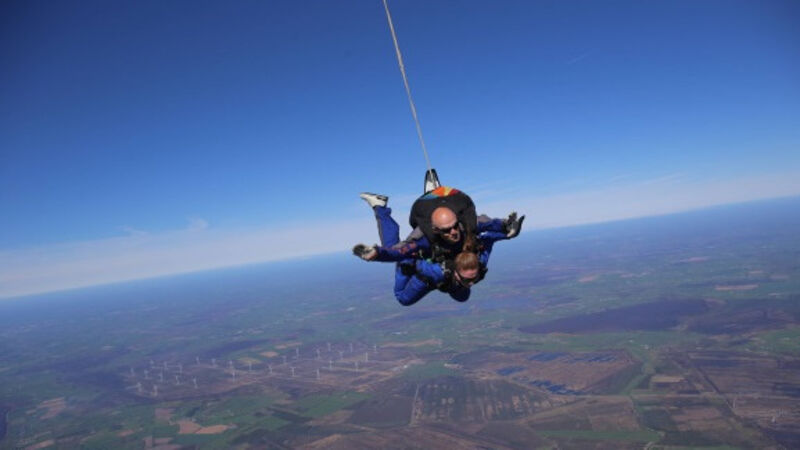Standing tall for skyfall: Michelle Hanley is not letting her MS diagnosis get in her way

When Michelle Hanley, a single parent of two young children was diagnosed with MS, it took her a while to deal with the news. Now she is determined not to let it get in her way. She tells her story to












